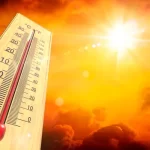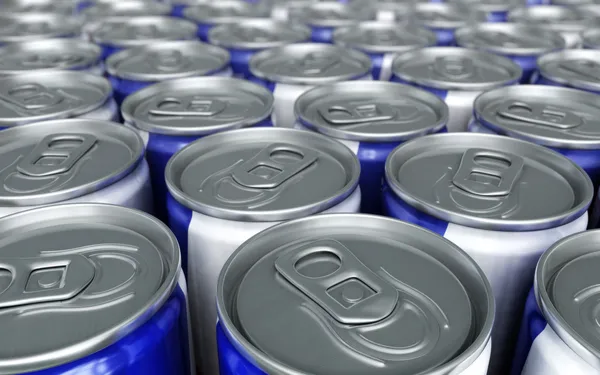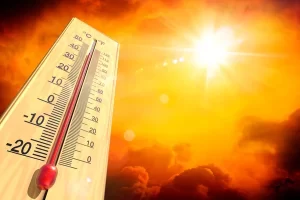An energy drink is an artificial product composed of multiple stimulating substances that generate an “energy effect” in the consumer and therefore a “regeneration” against fatigue and tiredness. Being a series of combined substances, they cause hyperstimulation of the nervous system, causing signs such as alertness, excitement, insomnia, anxiety, among others. On many occasions they are ingested in combination with alcohol, which can endanger health. When they are mixed, symptoms can occur in the body such as elevated blood pressure, cardiac arrhythmias and if there is excessive consumption, seizures, heart attacks and strokes can occur. Sporadic consumption of a single can of energy drink does not represent a major health problem, but it is important to consider its risks, especially when mixed with alcohol.
Side effects:
Dehydration (lack of water in the body).
Heart complications (such as irregular heartbeats and heart failure).
Anxiety (feeling nervous and nervous).
Insomnia (inability to sleep).
Regular consumption of energy drinks can cause negative health effects and especially affect some of our organs, especially those that have to do with blood circulation and blood filtration.
Heart; Due to its high doses of caffeine, it can increase the risk of tachycardia and rapid heart palpitations, in addition to modifying the functioning of this organ. In the long term, they can trigger a heart attack.
Liver; due to its high content of niacin (vitamin B3), causing diseases such as acute hepatitis.
Kidneys; Its ingredients contain calcium oxalate, which contributes to the formation of kidney stones.
















More Stories
A perfect mom
Prepare for extreme heat in Arizona
SUMMER REGISTRATION FOR CAMPS AND CLASSES STARTS MAY 4
Emergency fosters needed for dogs before start of May 6 construction project
Our special thanks to all firefighters
Natural Resources, Parks and Recreation launching pool rentals for 2024 swim season